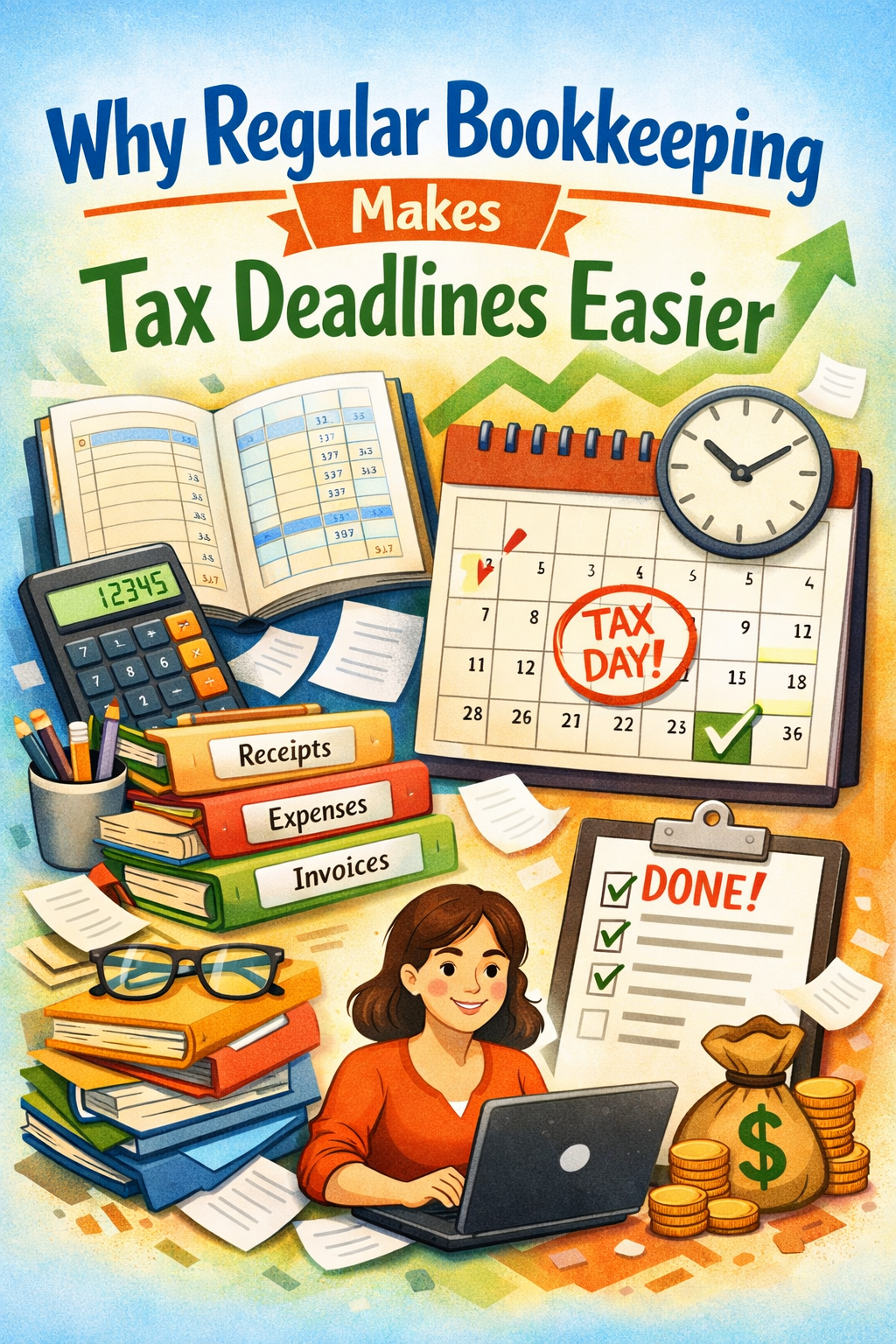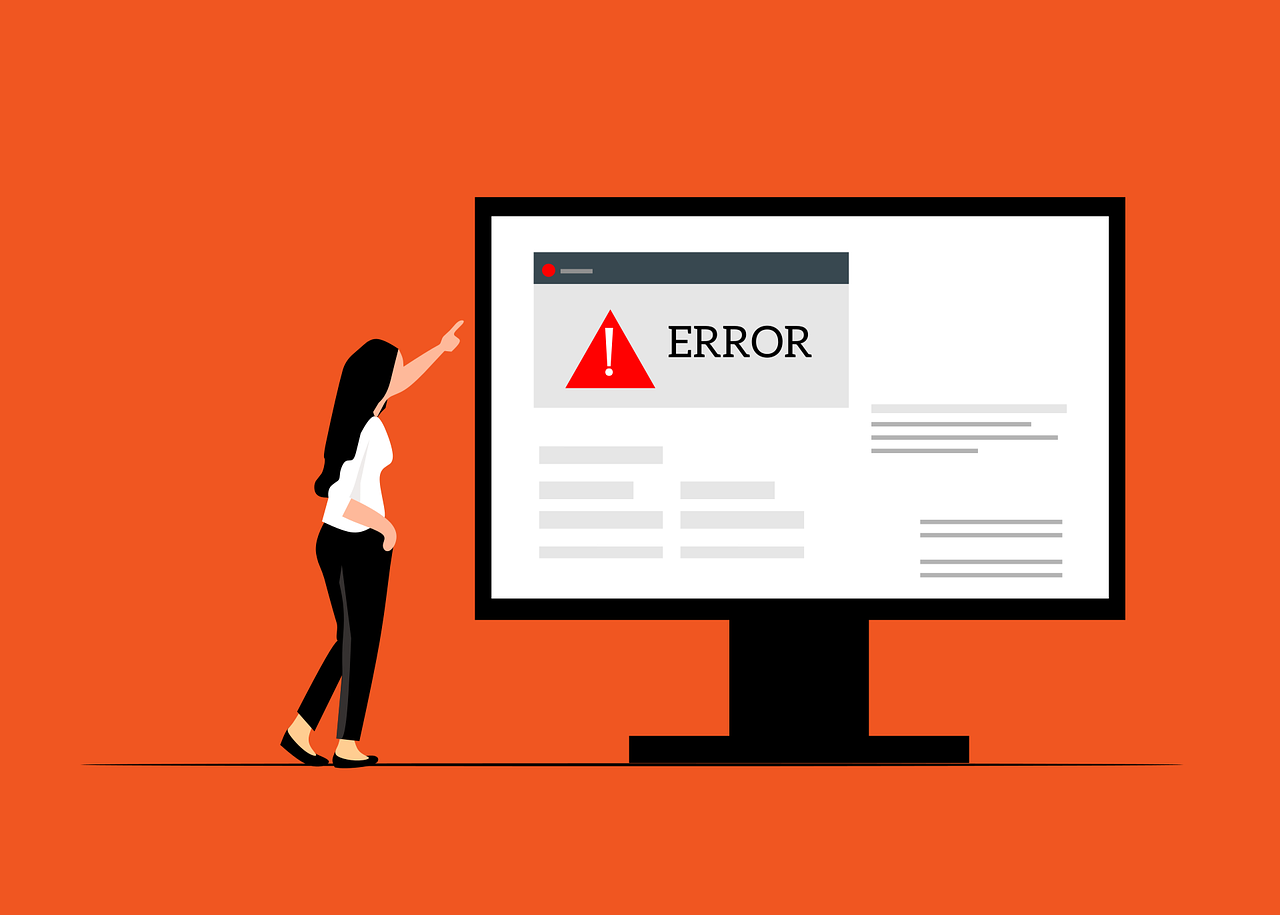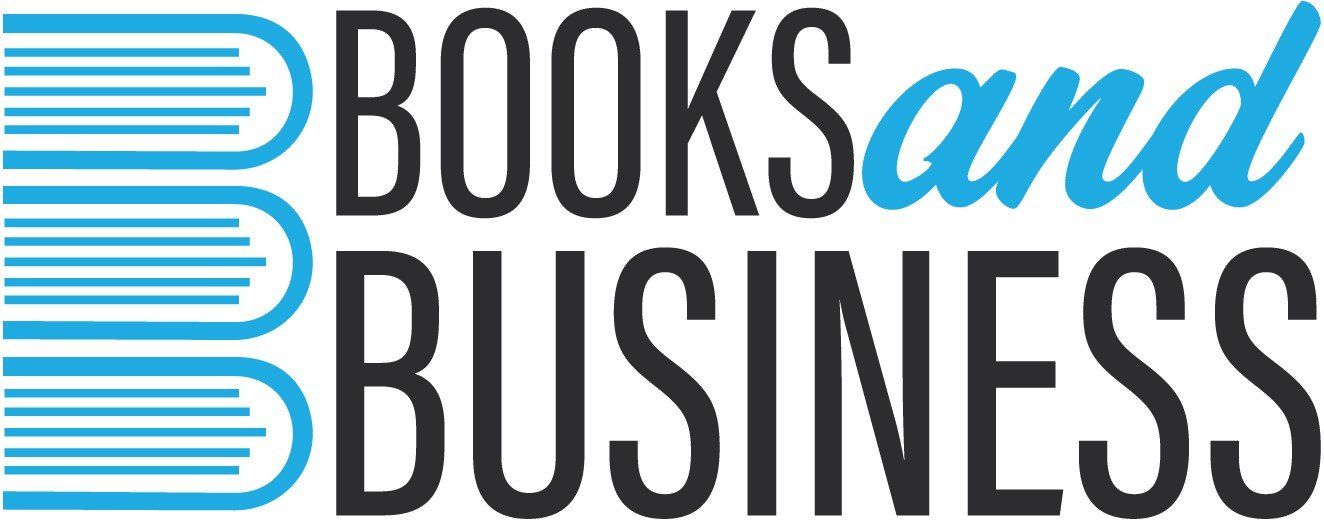Are you ready for the new VAT penalty system?
Are you ready for the new late payment penalty system?
The default surcharge system for late VAT submission and payments is coming to an end, it will be replaced by a new points system for late submissions and a 2 charge system for late payments. From 1st January 2023 everyone who submits a VAT Return for VAT periods starting on or after 1 January 2023 will be affected if VAT returns are submitted or paid late.
Late submission - point system
This new system is based around the taxpayer receiving a point for every late submission of their VAT return, but there will be no Surcharge Liability Notices issued. It will apply to VAT returns, annual return filings and quarterly updates under MTD. Therefore if a taxpayer misses a deadline they will incur 1 point. The idea behind this is to penalise those who regularly miss deadlines. Each taxpayer has a points threshold depending on the frequency of their submissions, if this threshold is reached a fixed penalty of £200 will be issued. To establish what a taxpayers threshold is see below; a further £200 penalty will be issued for each subsequent late submission following breach of this threshold.
Annually 2 points
Quarterly 4 points
Monthly 5 points
Points can be reset to zero but only once the following 2 conditions have been met: submission of all returns on or before the due date for a set period of time (based on the above filing times - annually - 24 months, quarterly - 12 months and monthly - 6 months) as well as ensuring all outstanding returns that were due in the past 24 months have been received.
Late payment – 2 charge system
The second change is the way penalties are issued for late payments; the new way allows for more flexibility whereby there will be no penalty for a taxpayer who pays late but pays within 15 days of the due date. However, once the 16th day is reached the 1st penalty is set at 2% of the outstanding amount. This needs to be paid between day 16 and 30 after the due date. On day 30 an additional 2% of the amount outstanding also becomes due.
The second charge comes in if at day 31 there is still tax outstanding, this will be at a rate of 4% per annum and is charged on a daily basis.
HMRC have stated that taxpayers who are struggling to pay are to contact them to request a Time to Pay Arrangement where an agreement to pay the outstanding amount over a period of time can be discussed. As soon as proposals for a Time to Pay are put forward and agreed the daily penalty will stop accruing.




